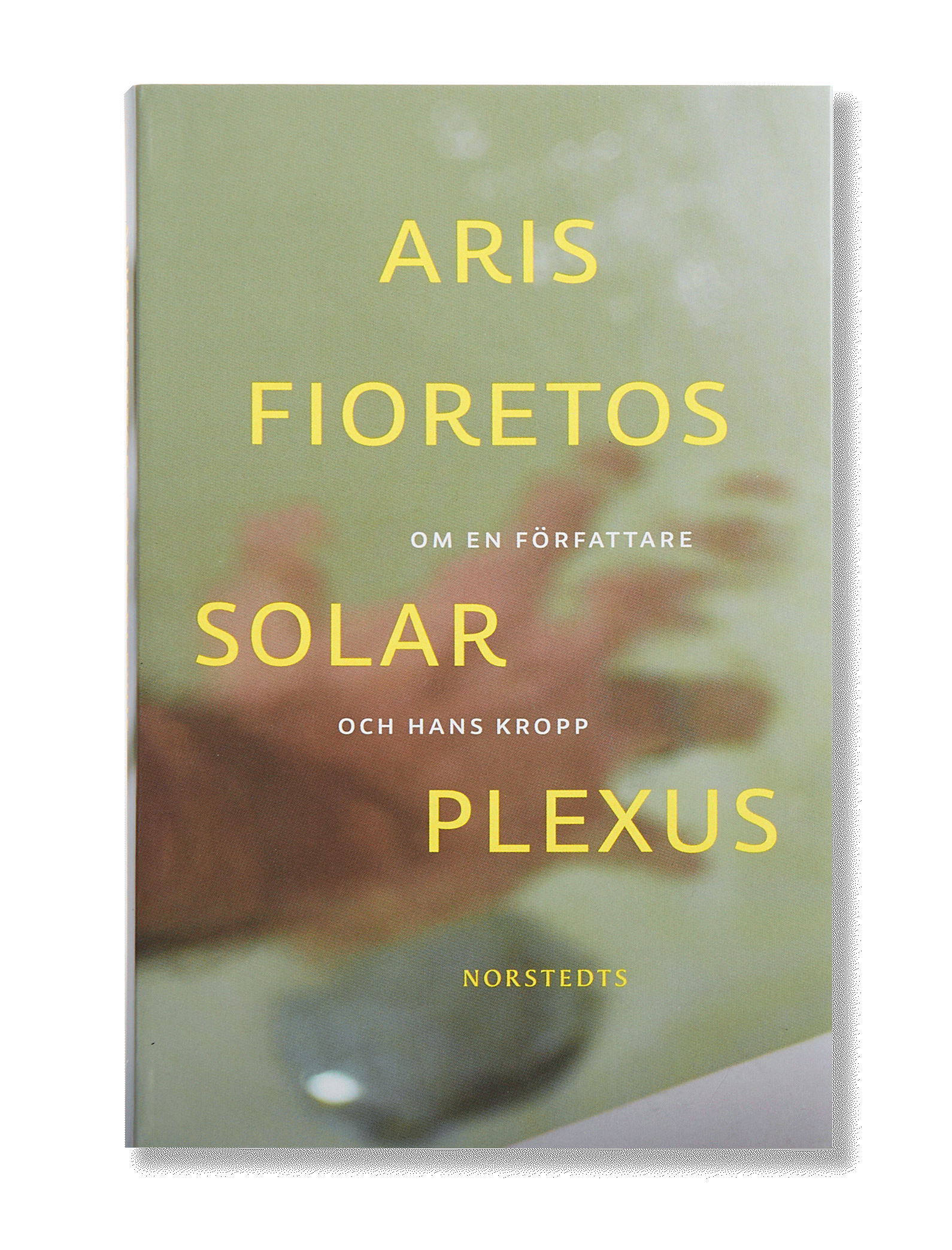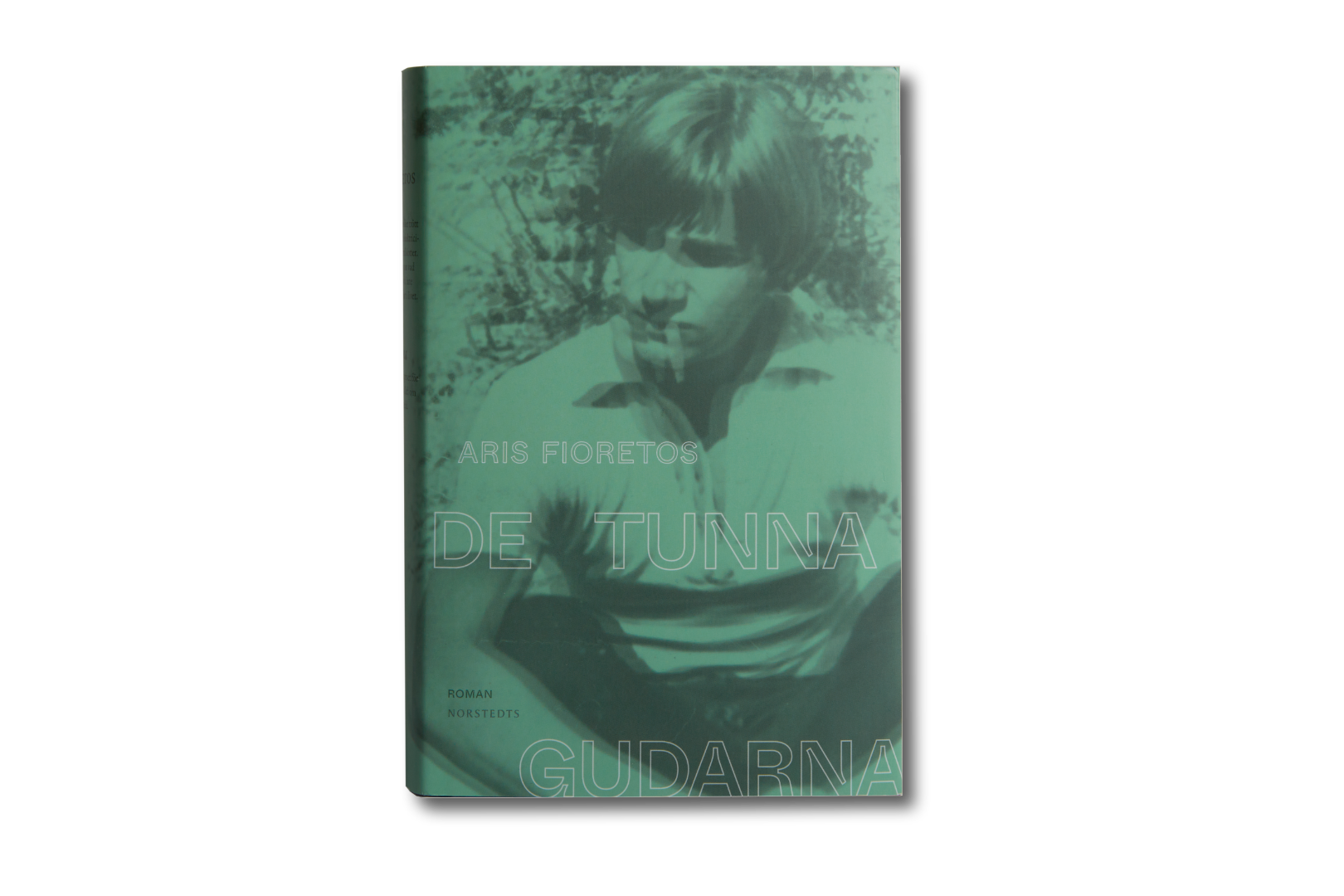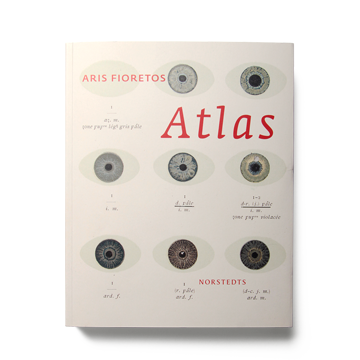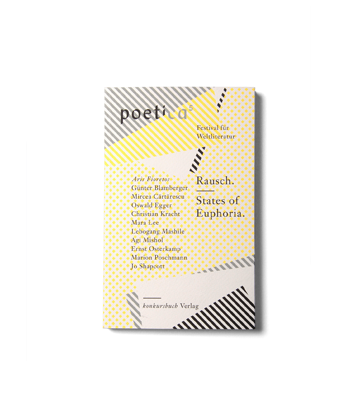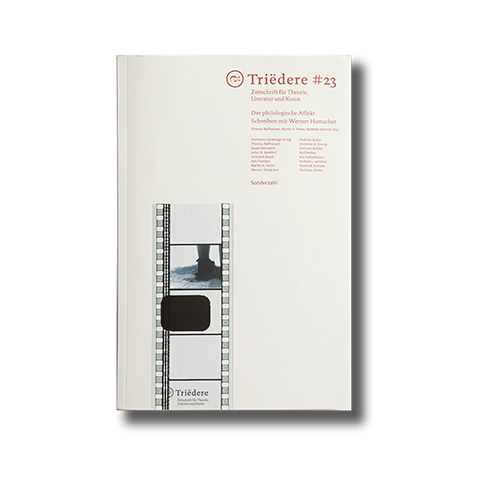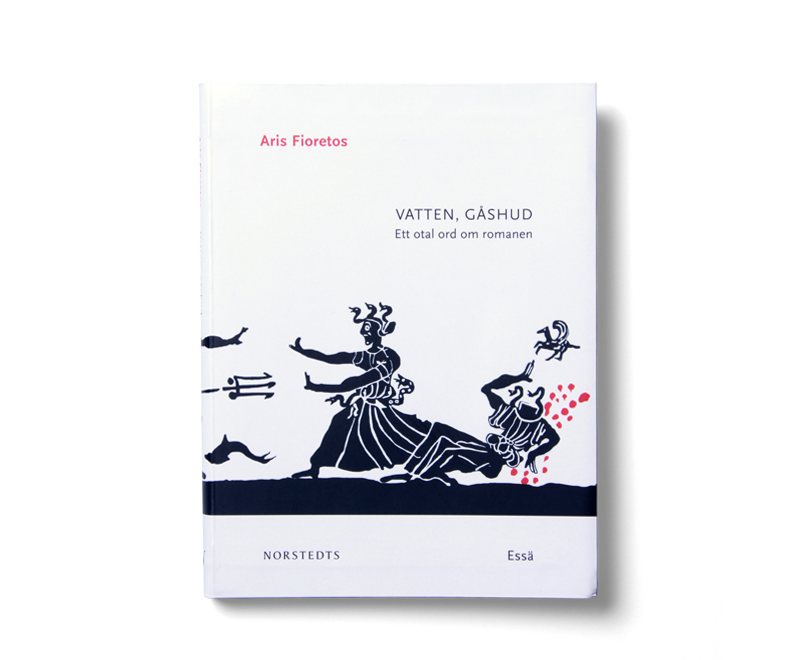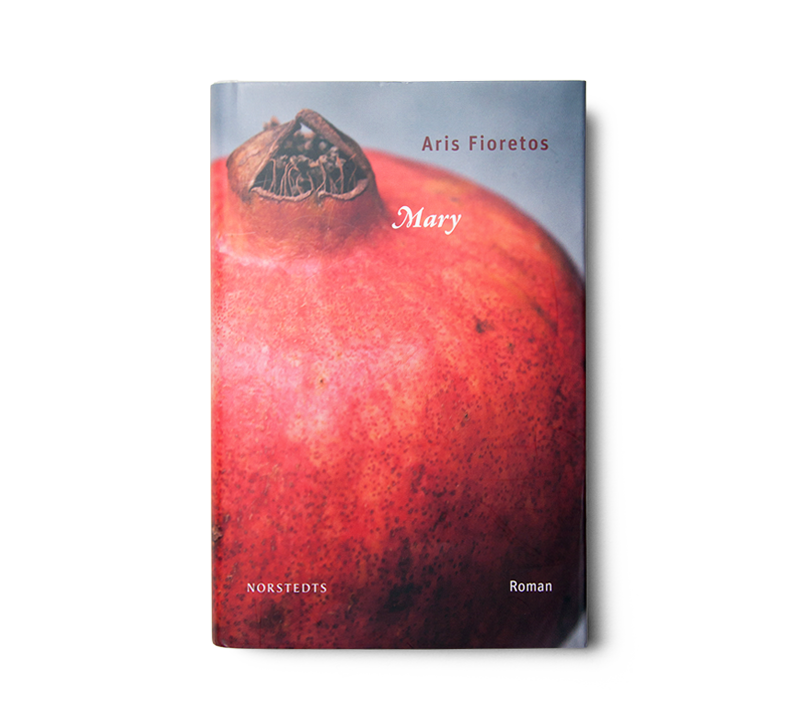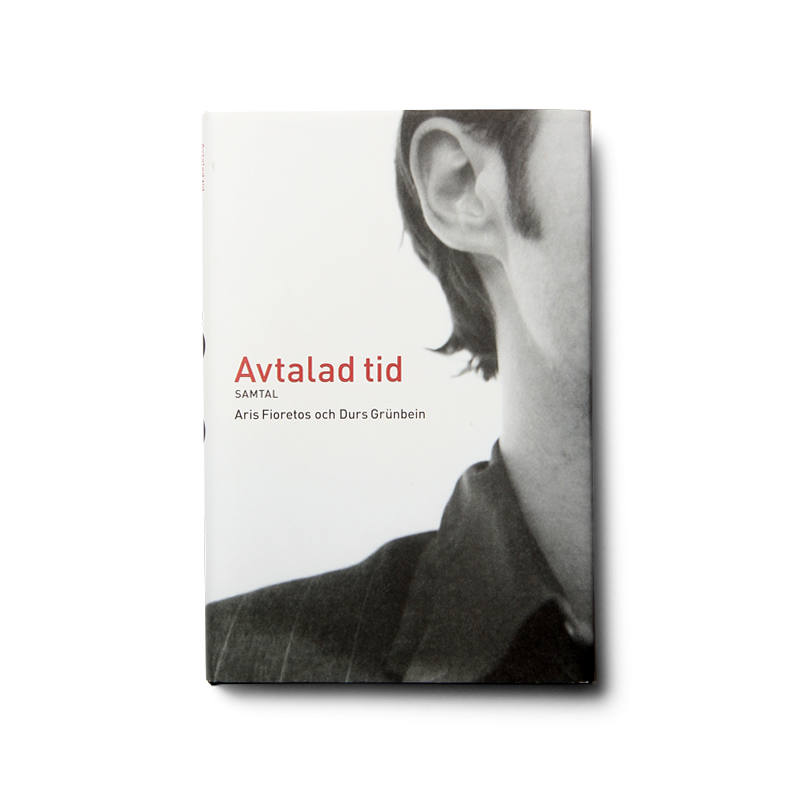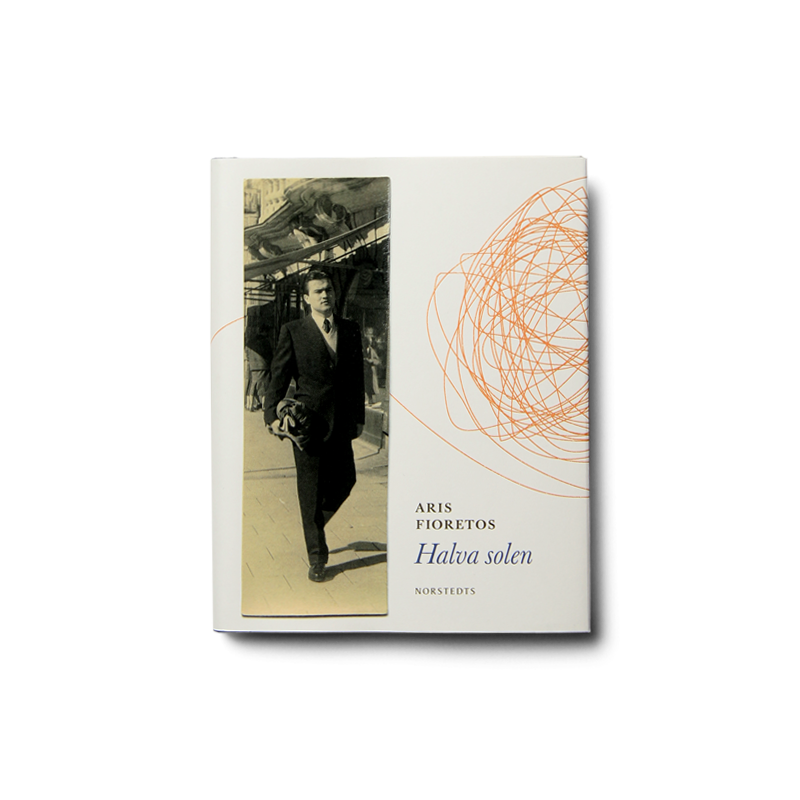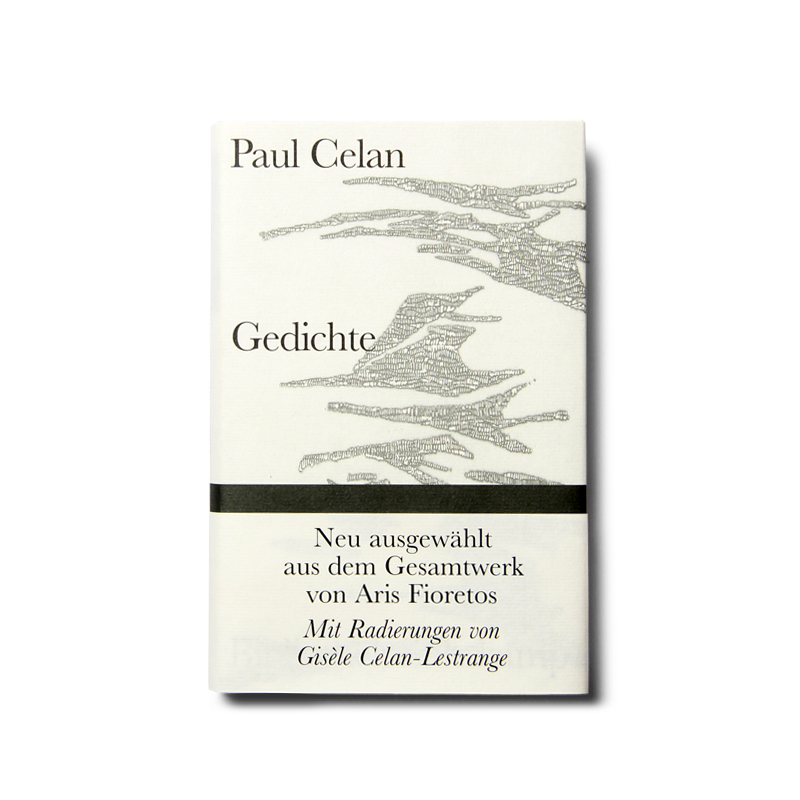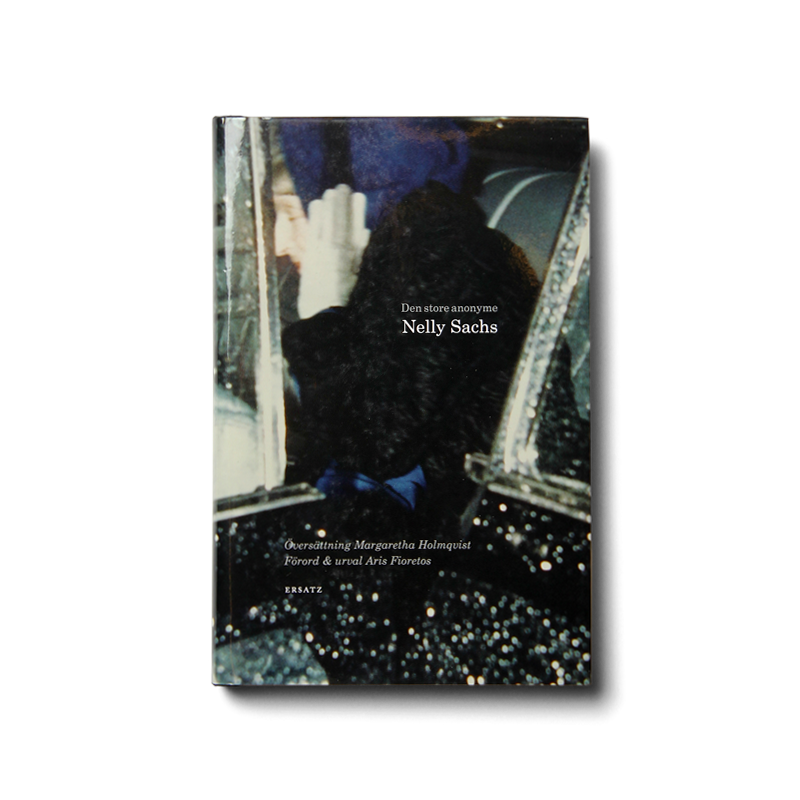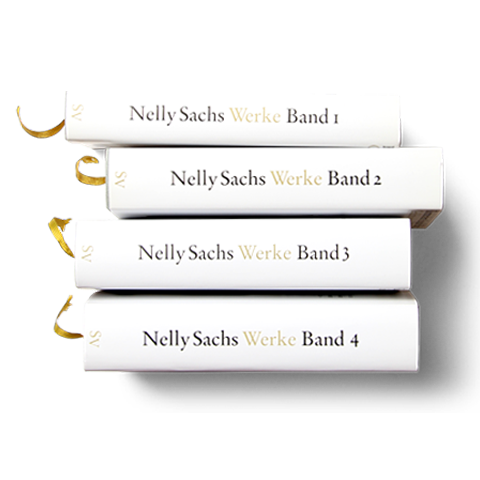You Water, You Gooseflesh
It is said that you emerged at the heart of Europe, that you are an invention of the old continent in the same way as democracy or the smallpox vaccine, or for that matter the thumbscrew and biometrics, that your origins are the medieval romance but that you, since newspapers began serialising you, have appeared in most conceivable guises, from family sagas replete with sabre-rattling and samovars to recluses who stuff their mouth full of stones by some godforsaken shore, though personally I dream of you as water, limitless yet ductile and containable, just as often dirty spume as aphrodisiacal slop, because I believe you can assume most forms without being lost, which is to say that you contain multitudes, like water in water . .
. . .


